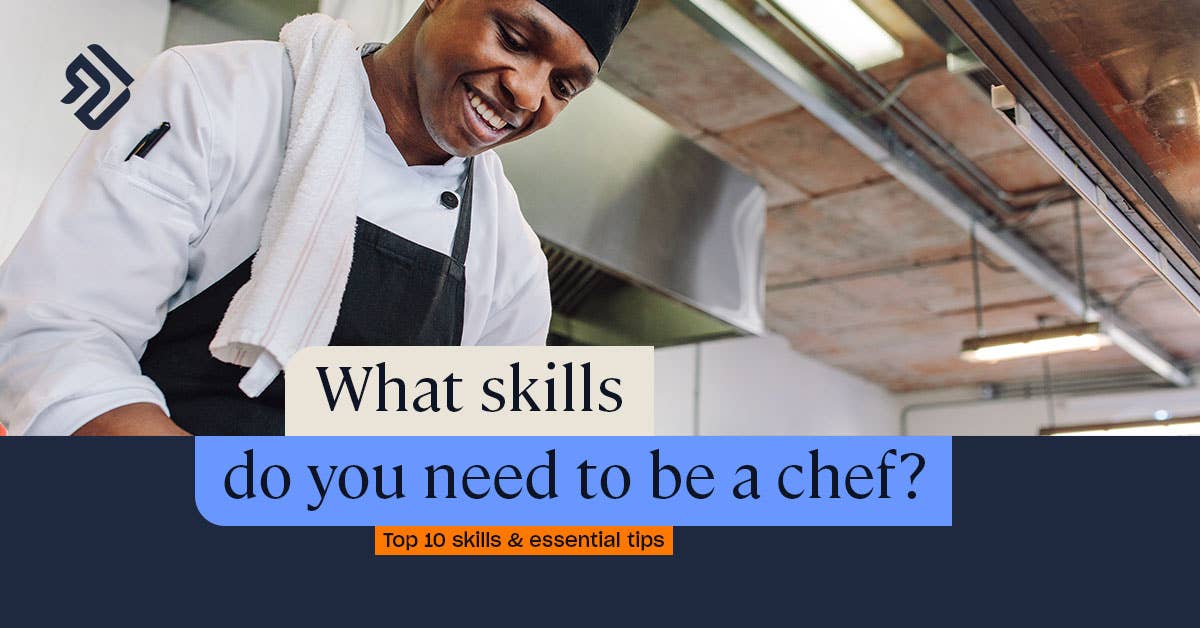To become a chef, a formal education in culinary arts is typically required.
Formal Culinary Education
Formal Culinary Education
When aspiring to become a chef, formal culinary education can be a valuable asset. Culinary school programs and degrees offer focused and comprehensive training in the art and science of cooking. These programs are designed to provide students with a solid foundation in various culinary techniques, knowledge of ingredients, and culinary management skills.
Types of Culinary Schools
- Culinary Arts Schools: These schools offer traditional culinary training, covering cooking techniques, menu planning, and kitchen management.
- Baking and Pastry Schools: These schools focus on pastry arts, cake decorating, baking techniques, and dessert production.
- Culinary Institutes: These institutes provide specialized training in specific culinary disciplines, such as international cuisine, healthy cooking, or culinary arts.
Benefits of Formal Culinary Education
- Technical Expertise: Culinary education equips students with technical skills, such as knife techniques, cooking methods, and culinary terminology.
- Industry Connections: Culinary schools often have connections with renowned chefs and restaurants, helping students establish valuable industry contacts.
- Hands-on Experience: Students gain practical experience through internships, apprenticeships, and culinary labs, honing their skills in real-world settings.
- Knowledge Expansion: Culinary education provides in-depth knowledge of food safety, nutrition, flavor pairing, menu development, and culinary trends.
On-the-job Training
On-the-job training is an essential part of the education required to become a chef. Apprenticeships and internships provide aspiring chefs with hands-on learning experiences. During these programs, they have the opportunity to work in professional kitchens and learn directly from experienced chefs. This allows them to gain practical skills and knowledge of techniques that are not typically taught in a classroom setting.
One of the main advantages of on-the-job training is the ability to learn in a real-life, fast-paced environment. Chefs can observe and participate in the daily operations of a professional kitchen, including food preparation, cooking techniques, and menu planning. They also have the opportunity to work with various ingredients and learn about different cooking styles.
This type of training not only helps aspiring chefs develop their culinary skills, but it also provides them with valuable networking opportunities. By working alongside experienced chefs, they can build relationships and learn from their expertise. These connections can be beneficial for future career opportunities and growth in the culinary industry.
Overall, on-the-job training through apprenticeships and internships is a crucial step in the educational journey of becoming a chef. It offers practical experience, exposure to different cuisines, and valuable connections in the industry.
Self-education And Informal Training
Self-education and informal training is a valuable pathway for aspiring chefs to gain knowledge and skills in the culinary field. Self-study and online courses provide flexibility and convenience, allowing individuals to learn at their own pace. These courses cover various topics, including knife skills, cooking techniques, and gastronomy. Workshops and seminars offer hands-on experience and the opportunity to learn directly from experienced chefs. These events often focus on specific cuisines or cooking styles, enabling participants to deepen their understanding in a particular area. Another way to gain culinary knowledge is through experimenting with recipes and learning from cookbooks. This allows aspiring chefs to develop their creativity and explore different flavors and combinations. Whether through self-study, workshops, or experimentation, self-education in the culinary field provides a solid foundation for aspiring chefs.

Credit: www.highspeedtraining.co.uk
Conclusion
Becoming a chef requires a unique blend of formal education and practical experience. Culinary schools offer various programs that equip aspiring chefs with foundational skills and knowledge. However, it is equally important to gain hands-on experience in professional kitchens to develop crucial skills and learn from seasoned chefs.
A well-rounded chef education includes both classroom instruction and real-world practice, ensuring a solid foundation for a successful culinary career. Remember, passion, dedication, and continuous learning are key to becoming a master of the culinary arts.







